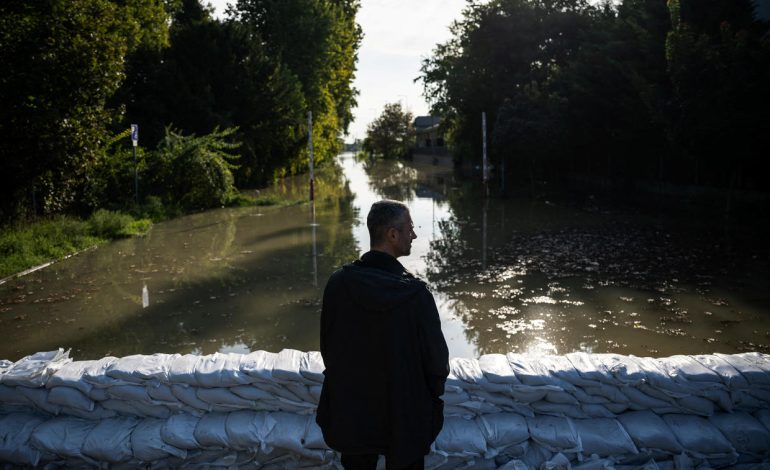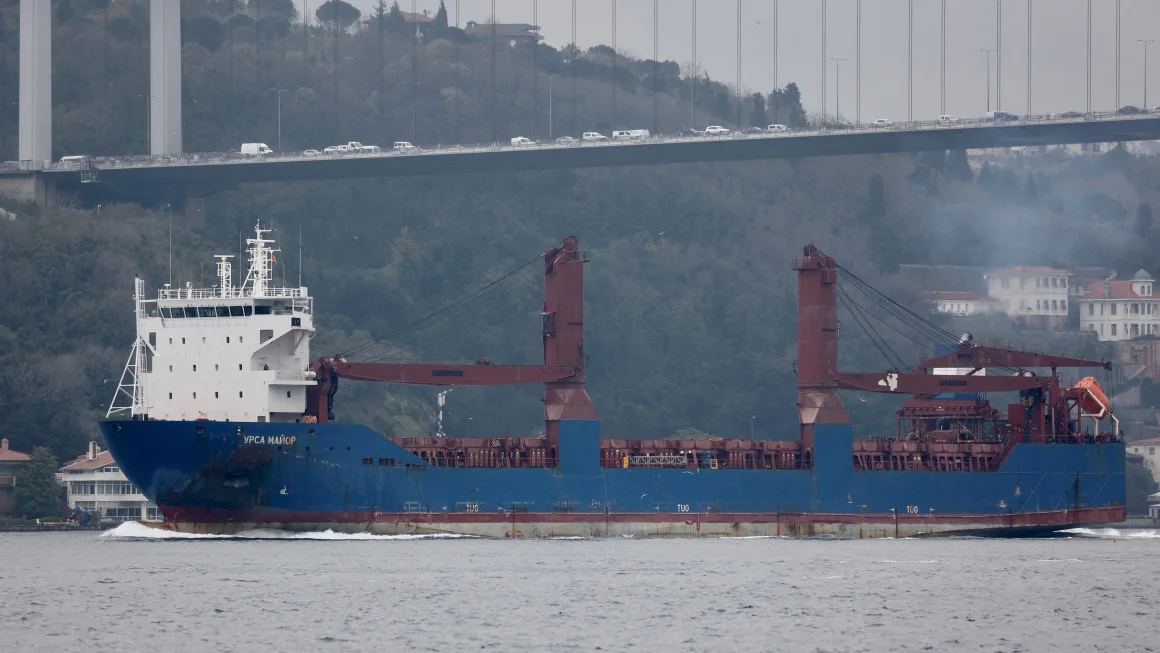EU Pledges Billions to Flood-Ravaged Central Europe as Death Toll Rises

The European Union has pledged billions of euros in aid for Central European countries grappling with the aftermath of devastating floods that have claimed 24 lives, CBS News reports.
EU chief Ursula von der Leyen visited flood-damaged areas in southeast Poland and met with heads of government from affected countries: Poland, Austria, the Czech Republic, and Slovakia. She announced swift release of funds from the EU’s solidarity fund for infrastructure repairs, along with an additional €10 billion ($11 billion) from the cohesion fund for urgent repairs.
“These are extraordinary times, and extraordinary times need extraordinary measures,” von der Leyen said at a briefing. “Here we say it’s 100% European money, no co-financing.”
Meanwhile, floodwaters continue to pose threats in other regions. A massive wave is endangering new areas in northern Italy’s Emilia-Romagna region, forcing the evacuation of over 1,000 people.
In Central Europe, receding waters reveal the extent of the damage caused by heavy rains that began a week ago. The death toll in the Czech Republic rose to five after one more fatality was reported in the hard-hit northeast. Seven deaths have been reported in both Poland and Romania, and five in Austria.
Authorities have deployed troops to assist with recovery efforts. In the northeast Czech Republic, soldiers are working alongside firefighters and emergency crews, while helicopters distribute humanitarian aid and temporary bridges replace those washed away.
Cleanup efforts are underway in Austria, where flooding has washed away roads, triggered landslides, and damaged bridges. Reconstruction is expected to take years, according to the governor of Lower Austria province, Johanna Mikl-Leitner.
The Vienna public transport company has had to pump out nearly 1 million liters of water since last weekend, and 10 towns and areas remain inaccessible.
In Hungary, floodwaters continue to rise, forcing authorities to close roads and rail stations. Ferries along the Danube River have been halted, and water levels have reached dangerously close to Budapest’s lower quays, threatening tram and metro lines.
Further upriver, homes and restaurants near the Danube Bend have been inundated.
Hungarian Prime Minister Viktor Orbán has mobilized nearly 6,000 professionals, including members of the country’s water authority and military, along with prison inmates who are helping to fill sandbags.
In southwestern Poland, high waters have reached the city of Wroclaw, with an extended wave expected to last for hours, even days, putting pressure on the city’s embankments. The water level on the Oder River just before Wroclaw is 21 feet, 6.5 feet above alarm levels, though lower than the disastrous flooding in 1997.
In Italy, rivers have flooded in the provinces of Ravenna, Bologna and Forlì-Cesena, prompting local mayors to advise residents to stay on upper floors or evacuate their homes. Those areas were hit by devastating floods in 2023, when more than 20 rivers overflowed, killing 17 people. Italy’s vice minister for transport and infrastructure, Galeazzo Bignami, said Thursday that two people were reported missing in Bagnocavallo, in Ravenna province.
At least 800 residents in Ravenna and almost 200 in Bologna province spent the night in shelters, schools and sports centers. Trains were suspended and schools closed, with residents advised to avoid travel.








